Any discussion that is remotely linked to the entertainment industry is incomplete without the mention of the famous Hollywood. Hollywood is the home of the U.S film industry and located in the central region of Los Angeles, California. The Los Angeles International Airport, also referred as LAX is the third busiest airport in the US and sixth busiest airport in the world. It is an integral part of the economic infrastructure of Southern California. LAX airport history is very interesting since there has been a notable transformation over a period of years.
LAX was constructed way back in the year 1928 and the LAX airport site was known as Mines Field. It was not used for commercial purpose at that time; rather the site was primarily used for military flights during the period of WW-II. The site was opened for commercial airline service in December 1946. The air terminal complex was built with a 172 feet control tower way back in 1961. Over the next few years, a lot of changes were done to the LAX airport keeping in mind the urban setting of the airport, environmental impact, and research related to aviation equipments.
Flobrio [CC BY-SA 3.0]
As per the LAX news report, more than 157 million passengers are expected to pass through the airport by 2020. Multiple plans/alternatives (Plan A, Plan B, Plan C, and Plan D) were proposed for the expansion of LAX airport considering the high footfall of international passengers. Eventually, in the year 2005; Plan/Alternative D was shortlisted and implemented for a brief period of time. The estimated cost for the reconfiguration of the airport was $11B.
The plan received a lot of flak from the residents nearby the LAX airport which resulted in its suspension. One notable change as per the Plan D was demolition of the existing parking infrastructure to make space for the expanded facility. LAX airport parking underwent a major facelift, a part of which comprised creation of additional 14,600 parking spaces. To ensure end-to-end connectivity and frictionless travel experience, an intermodal center was created to link light rail and buses to these parking spaces.
The LAX airport has nine passenger terminals with close to 132 gates that are arranged in the shape of a horseshoe. Free Wi-Fi service is provided to passengers at the airport since September 2012. This was not common in the year 2012 as only a few international airports offered free Wi-Fi. Free shuttle service was also introduced to navigate between different terminals. This also opened up new opportunities for entrepreneurs & businesses to contribute to the growth story of LAX airport. LAX duty free shops for international flights, restaurants, cocktail lounges, spas, etc. were setup inside LAX airport terminals to provide the passengers a truly global experience.
LAX airport map, also called as LAX terminals map comprises of LAX parking map, airline locations terminal-wise, and inter-terminal connections. LAX parking map contains detailed information about the parking structures, connectivity to Tom Bradley International Terminal (TBIT), and connectivity between different terminals. Car parking can become a big menace without proper planning and adequate infrastructure. However, LAX airport has abundant parking space; totaling to 25,000 parking spaces with 8,000 slots in the central terminal and 11,000 slots in the long-term parking spaces.
Photograph by D Ramey Logan [CC BY-SA 4.0 ]
Rather than spending time to find an appropriate parking slot, it is recommended that you book a short-term or long-term parking slot at the LAX airport using a reliable online service. Such a service provides customers with real-time information about the parking slots and lets them book a slot well in advance. As far charges are concerned, short-term parking rates are $3 for the first hour and $2 for an additional half-hour at the Central Terminal parking garages and $4/hour at the Economy Parking Lot C. For customers looking for long-term parking, there are onsite and offsite options available. Offsite long-term parking is an affordable option as it costs $8-$10/day. Onsite long-term parking is $12/day day at the Economy Public Parking Lot C and $30/day at all Central Terminal parking areas.
Though Los Angeles airport address remains unchanged, the transformation of the different facets of the LAX airport is nothing less than remarkable!
The post How LAX Airport Developed Throughout the Years appeared first on YourAmazingPlaces.com.

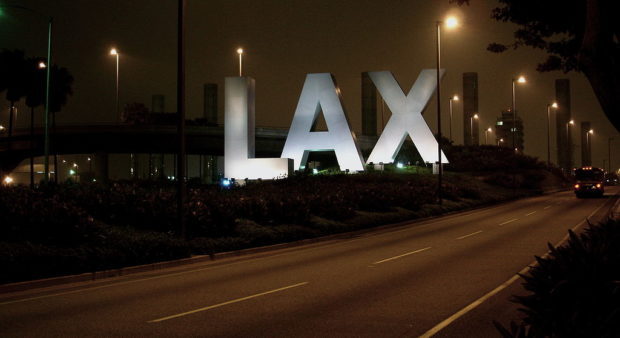
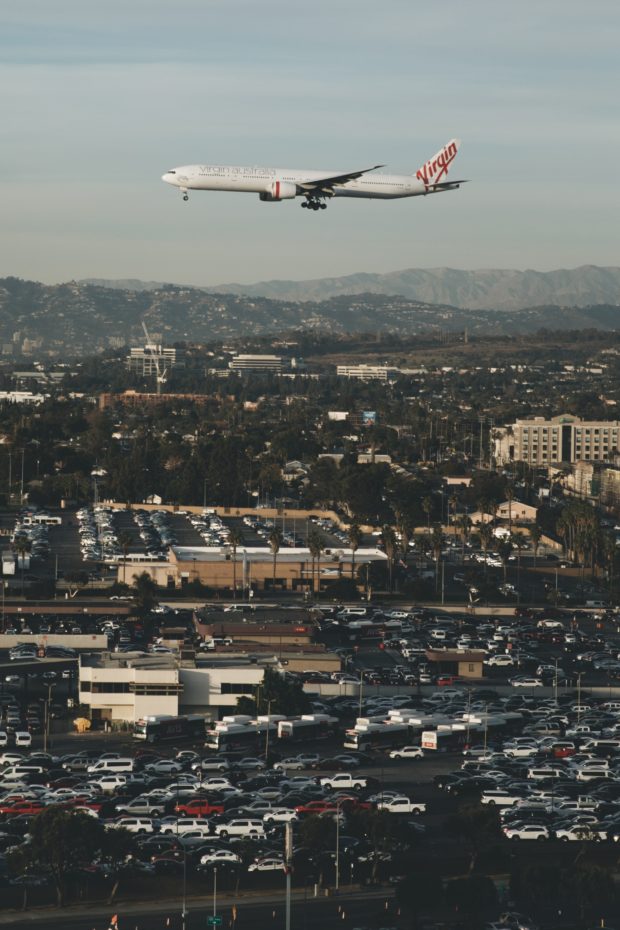
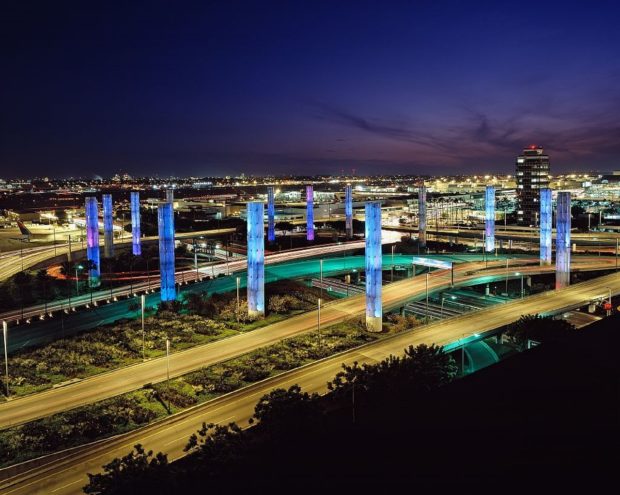
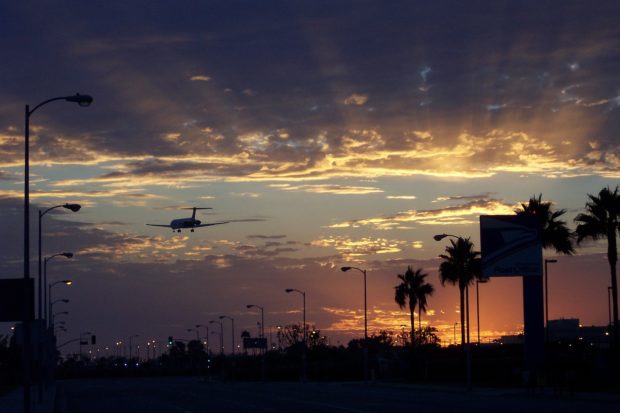
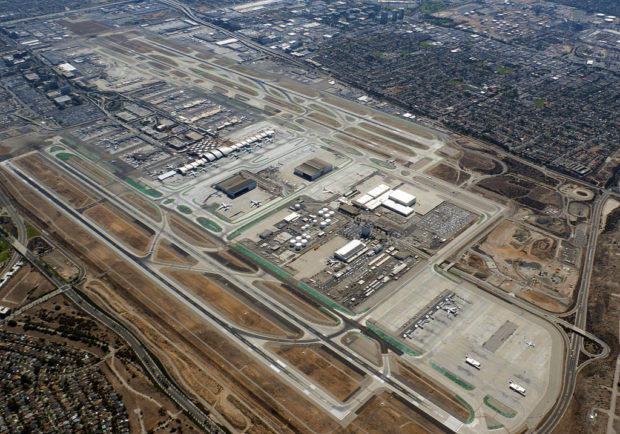

No comments:
Post a Comment